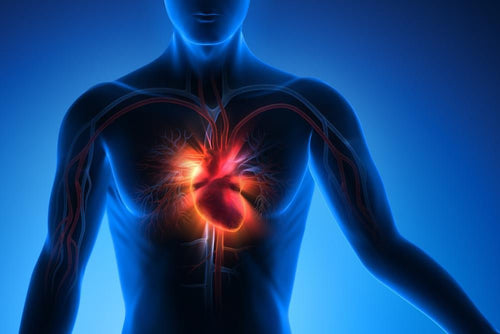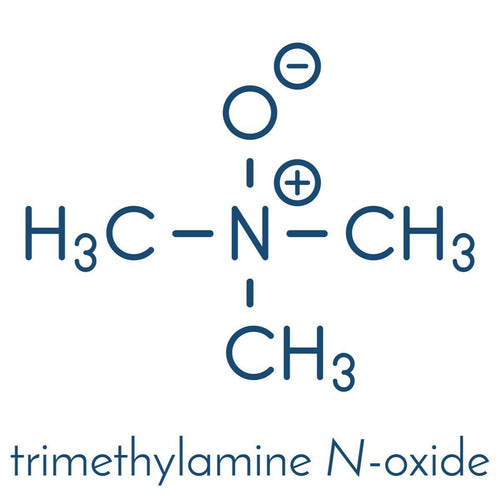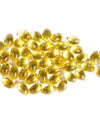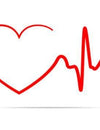What works best to keep cardiovascular risk factors low, a high-fat diet, a Mediterranean diet or a high carbohydrate low-fat diet?
Research has compared these different approaches a while back, and we have had the results for a while. The reason why they’re still are questions about the best approach is probably that there are many ways to lose weight, and especially a high-fat diet also called a ketogenic diet has been promoted as a solution to almost everything including weight loss.
What did the research show when it comes to cardiovascular risk?
The participants of this study completed each 4-week diet intervention with a 4 week washout period between each approach (Miller M, et.al., 2009).
Food records were analyzed, fasting blood samples, and brachial artery reactivity testing was performed. During the Mediterranean and the high carbohydrate, low-fat diets maintenance phase, there were significant reductions in low-density lipoprotein cholesterol (LDL).
For the Mediterranean diet the LDL decreased 11.8%, and for the high carbohydrate, low-fat diet the LDL decreased by 16.6%.
The LDL increased on the high-fat diet.
CRP, an inflammatory marker decreased the most on the high carbohydrate, low-fat diet and increased on the high-fat diet.
Brachial artery testing revealed an inverse correlation between flow-mediated vasodilatation and intake of saturated fat. This means decreased vasodilation with increased fat intake.
The science does not back up the promoted benefits of a high-fat diet.
According to the research, a high-fat diet increases cardiovascular risk.
It is, however, important to remember that not all carbohydrates are equal.
Avoid processed high glycemic index carbohydrates, and increase the intake of plant-based food.

Reference:
Miller M1, Beach V, Sorkin JD, Mangano C, Dobmeier C, Novacic D, Rhyne J, Vogel RA. Comparative effects of three popular diets on lipids, endothelial function, and C-reactive protein during weight maintenance.J Am Diet Assoc. 2009 Apr;109(4):713-7.

- How and why different foods affect you
- How to put together meals that will produce the results you’re looking for
- How to lose weight effortlessly by eating the foods your body needs
- How to gain muscle and improve sports performance.
- How to reduce inflammation and pain
- How to stabilize your moods so you feel happier
- How to l











